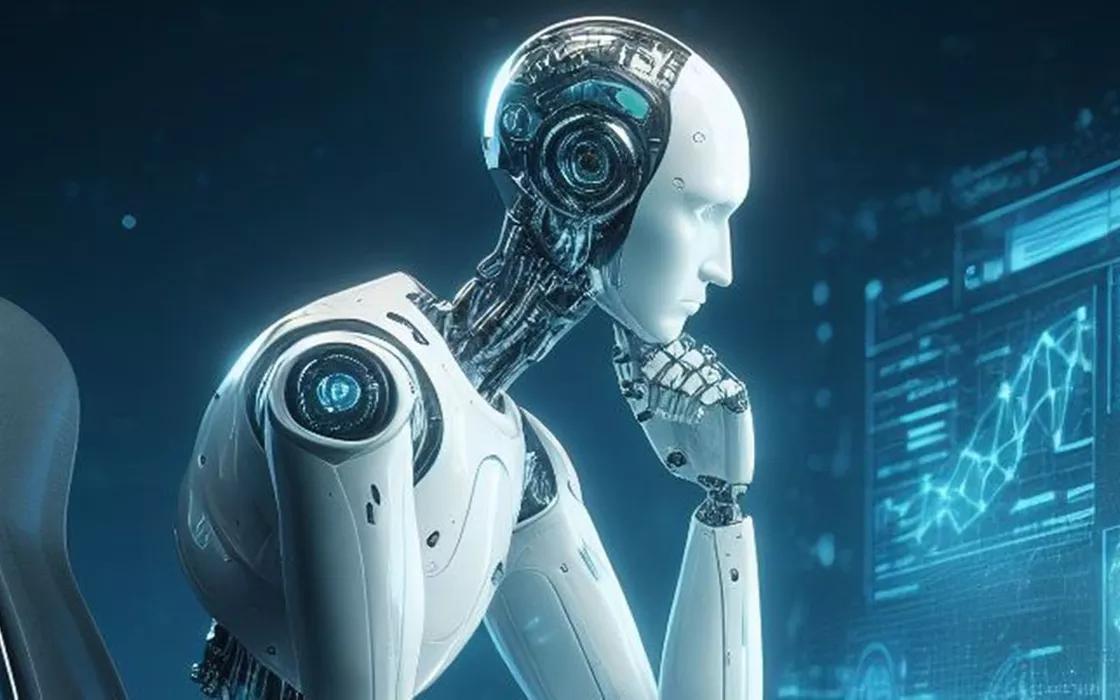I CAPTCHA (Completely Automated Public Turing test to tell Computers and Humans Apart) are now a constant presence online.
Whether it is accessing a social network or a similar platform, this system poses very basic logical questions. Through these it is (or rather was) possible to “filter” visits, granting access only to humans and excluding bots. All this, as it is easy to imagine, is strongly revolutionized by the entry onto the scene ofArtificial intelligence.
According to what was reported by Wall Street Journal, CAPTCHAs are becoming more and more complex, so much so that they are causing difficulties for some users who are unfamiliar with the technology. In fact, AI nowadays is becoming more and more capable of identify images or texteven if modified specifically to make decoding more difficult.
According to what was stated to the aforementioned newspaper by Kevin GoszczakCEO and founder of Arkose Labs, this is just the beginning. For Goszczak, in fact, procedures will become increasingly complex and strange, as they will have to make humans perform actions that are difficult for AI to understand.
How to prevent AI from fooling CAPTCHA systems?
The creation of AI-proof CAPTCHAs is an objective that some developers are already working towards.
For Goszczak the most logical solution is not so much to create an insurmountable barrier for AI, but simply to push it into action overpriced in terms of processing and training.
On the other hand, it must be taken into account that the biggest obstacle for this technology is precisely the need for an immense amount of energy, with the big names in the sector trying to find alternative ways to make AI sustainable.
The CAPTCHA issue, however, should not be considered secondary. With the possibility of bypassing these protection systems, in fact, i cybercriminali they can bring online platforms to their knees with relative ease that, until a few months ago, were considered safe.

